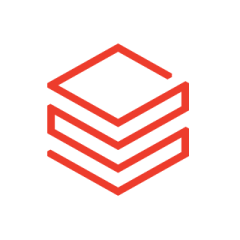We use the solution for reliability engineering, where we apply ML and Deep Learning models to identify the fear failure patterns across different geographies and products.
Databricks is hosted on the cloud. It is very easy to collaborate with other team members who are working on it. It is production-ready code, and scheduling the jobs is easy.
Databricks would have more collaborative features than it has. It should have some more customization for the jobs. Also, it has an average dashboarding tool. They can bring advanced features so we don't depend on other BI tools to build a dashboard. We are using Tableau to create a dashboard. If Databricks has more advanced features, we can entirely use Databricks.
I have been using Databricks for one year.
The product is stable. It has been giving consistent outputs without any major issues.
The solution is hosted on the cloud. It supports high scalability features.
10-20 users are using this solution.
There was a training session from Databricks where they explained how to use it. We never had to contact them because they had already given us proper training on the platform.
I have used Alteryx before. We switched to Databricks because it can compute and turn your code into production-ready code in very few seconds. Also, the stability is relatively high.
The initial setup is easy.
We have a dedicated team for the deployment.
Delta Lake is a free system. We practically work on the data that we get from Snowflake. Databricks are returned to the model outputs that are returned to Delta Lake. It is easy for us to collaborate using Delta Lake, and the computation speed is also quite high for Delta Lake.
The learning curve for Databricks is not very steep. It's pretty easy, and you will find a lot of materials online. So, if you are comfortable coding in Python, it's very straightforward. There is nothing to worry about when using Databricks.
Overall, I rate the solution a ten out of ten.
















